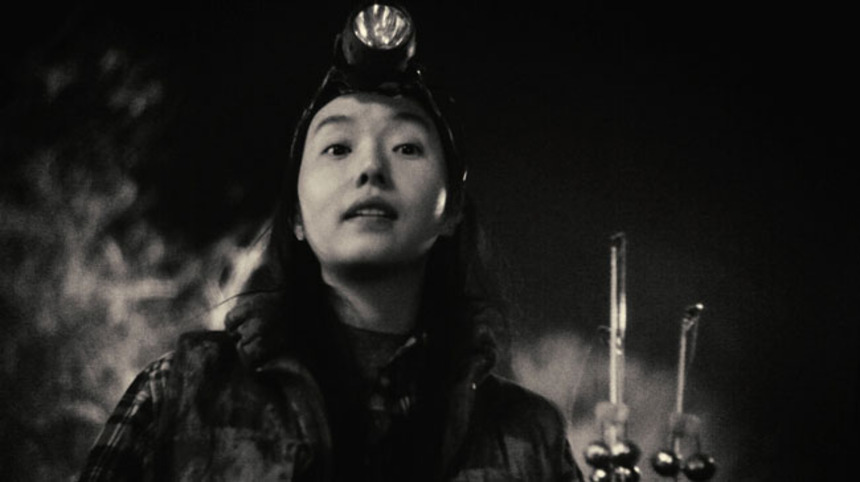Fantasia 2011: PARANMANJANG (aka Night Fishing) Review

On a solo all night fishing trip in a remote part of the Han River, Oh Gi-Suk (Vengeance Trilogy bit player, Oh Kwang-Rok) snarls a body or a ghost on one of his many set lines. To the sound of softly ringing bells, and a bit of fear-laden slapstick, the fisherman ends up having a close encounter and eventual dialogue with the ghost who seems to know far too much about him. The scope of the story then spreads out to eventually encompass Oh Gi-Suk's extended family which the fisherman abandoned a few years back. Like ghosts, or skeletons in the closet, they are, naturally, looking for closure. Having much in common with both the arthouse intentions of Palm D'Or winner Uncle Boonme Who Can Recall his Past Lives and commercial execution of Alejandro Amenábar's The Others, it is not surprising in the least that Paranmanjang won the Golden Bear at this years Berlinale.
Many of us have iPhones in our pockets, but I would expect very few of us have the chops to shoot something this good looking and intelligent with the powerful little toy. In the hands of a master filmmaker the pocket-computer-with-a-camera becomes simply another medium or vehicle for creative storytelling. The baroque visual elements and the director's ability to rattle souls we have come to expect is fully on display in another cinematic (and spiritual) tour-de-force which packs in more than enough to chew on in 30 minutes than many filmmakers can manage in 90 or more.

Do you feel this content is inappropriate or infringes upon your rights? Click here to report it, or see our DMCA policy.





 (1)-thumb-80x80-93563.jpg)
